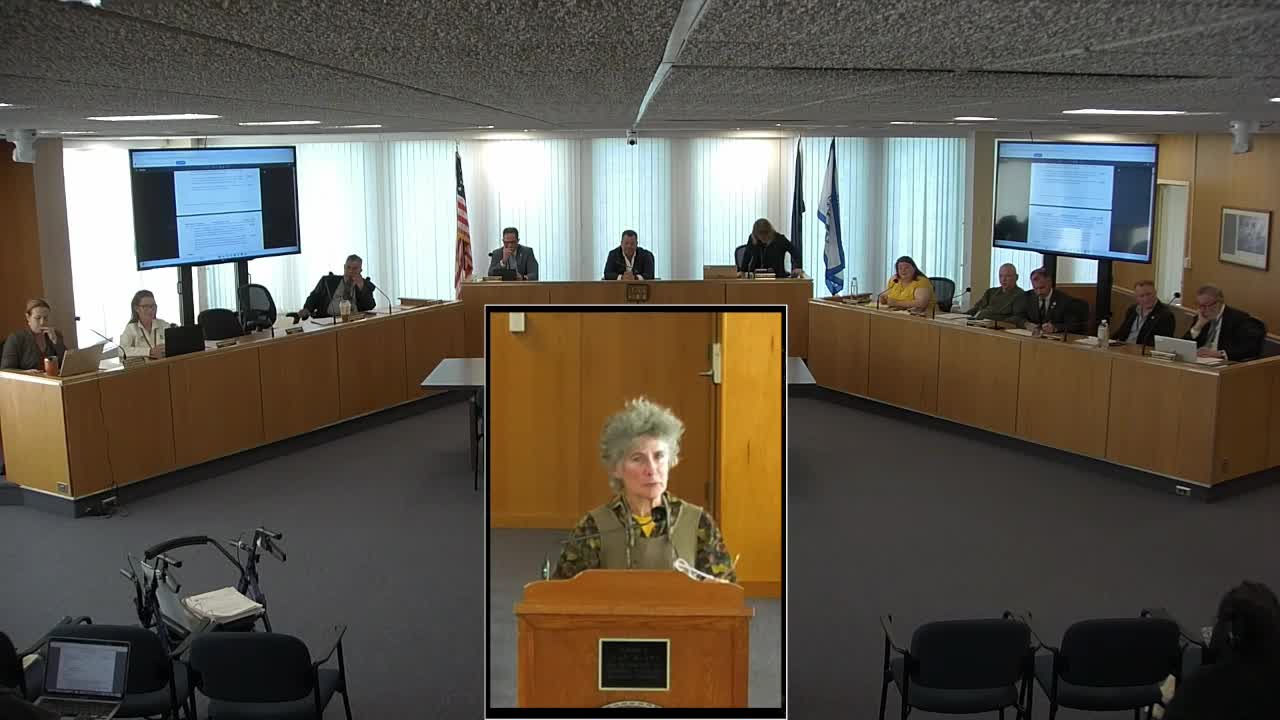Camp directors, health experts and residents urge Sullivan County to abandon proposed landfill incinerator
Get AI-powered insights, summaries, and transcripts
Subscribe
Summary
Public commenters—led by Sustainable Sullivan and health experts—urged the Sullivan County Legislature to abandon a proposed incinerator at the former county landfill, citing risks to children's health, dioxin emissions, and potential harm to the county's reputation and economy.
Speakers at a Sullivan County Legislature meeting urged county officials to abandon consideration of a proposed waste incinerator at the former county landfill, citing public-health, environmental, and economic concerns.
Rebecca Kreshkoff, cofounder of Sustainable Sullivan, read a comment submitted by a camp director near the former landfill and said, "any risk of toxic emissions so close to where children live, sleep, and play is simply unacceptable." Kreshkoff said the camp hosts hundreds of children each summer and warned that accidental releases and routine emissions from incinerators could harm developing lungs and immune systems.
Caroline Bailey, a professor of engineering, sustainability and health, summarized peer-reviewed and other epidemiological evidence and said incineration has significant health and environmental risks. "Incinerators burn money," she said, adding that incineration can release dioxins and heavy metals, contaminate food chains and farms, and has not proven to be an economic solution in other jurisdictions.
Other residents and community members joined the comments, telling legislators they expect strong local opposition if the county moves forward. Eric Feinblatt and several other speakers urged the legislature to use a five-year grace period tied to a new landfill arrangement to pursue alternative waste-management strategies and to form a broad committee including county planning and sustainability staff, Sustainable Sullivan, and other stakeholders to evaluate options.
County response and next steps Ed McAndrews, the public works presenter at the meeting, responded to public concern by saying the county will "go through the process" and research the options, and stated, "Nothing's a done deal till it's done." McAndrews also said the county will "research" the proposal and that the legislature would consider public input as it proceeds.
No formal vote or resolution regarding construction of an incinerator was taken at the meeting. Public commenters and staff described active debate and the potential for petitions, town-level opposition, and additional public correspondence as the county continues its review.
Context Public commenters identified specific nearby communities and institutions they said would be affected by an incinerator, including the village of Monticello, the town of Thompson, Cook Elementary School, Beaver Lake Estates, Rose Valley Road, and a children's camp near the county landfill. Speakers asked the legislature to prioritize alternatives such as extended producer responsibility and collaborative countywide planning for waste reduction and diversion.
End note The transcript records multiple public statements opposing an incinerator and a county staff assurance that the matter will undergo further review; no procurement, site selection, or contract decision was recorded at the meeting.
